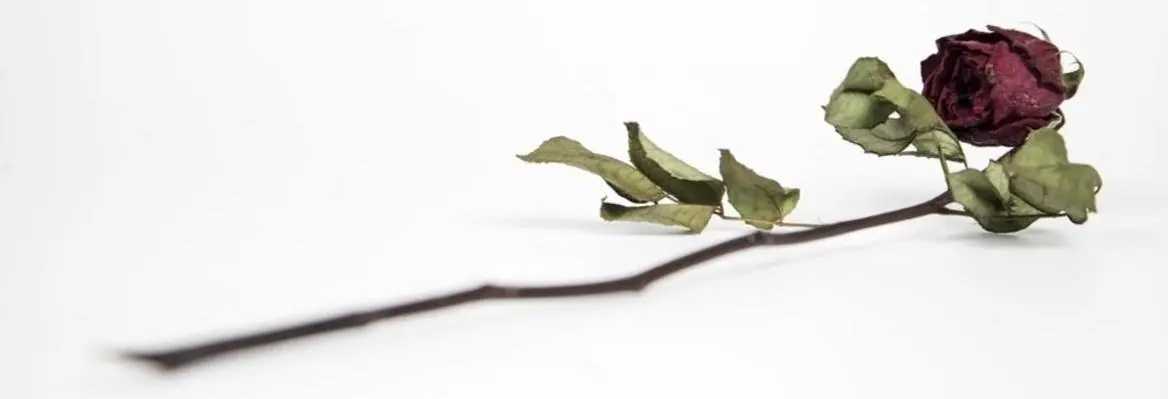Many philosophers seem to think, you simply 'disappear' when you die, 'erased' from the framework of reality as one would rub out a drawing on the blackboard. I think it would be a serious mistake to think this way. Time magazine had it right when it represented the death of bin Laden, hence his 'nonexistence' with a picture of him on the cover, crossed out with a big X. If you’re lecturing on the capture and killing of bin Laden, you might draw a picture of him on the blackboard, and then conclude your lecture by drawing, as Time did, a big X across that drawing. That would be the right thing to do. The wrong thing to do would be to simply erase the drawing, to rub it out. A blank blackboard does not represent the death of bin Laden. On the contrary, it represents nothing. Bin Laden, on dying, did not become nothing, just as he did not come from nothing. (Ex nihilo, nihil fit.)
Just this, however, seems to have escaped many, if not most philosophers who’ve written about the metaphysics of death. Shelly Kagan, for example, writes in his popular study Death that “nonexistence is nonexistence. It’s no kind of condition or state that I am in at all [after I’ve died]." Kagan seems to believe that when you’ve died and ceased to exist, there’s “no one left” to be in any sort of state or condition. There’s no one left even to be in the state of nonexistence, to have the property of nonexistence. He seems to subscribe to W.V. Quine’s doctrine that “in our common- sense usage of ‘exist’, that [bin Laden] doesn’t exist, means simply that there is no such entity at all.” If there’s no such entity, obviously, there’s no such entity to occupy the state of nonexistence, to have the property of nonexistence.
___
“Death affects that you are, not what you are”
___
As I said, this is a widely held view among philosophers of death. To choose another prominent example, consider what Francis Kamm writes in Morality, Mortality: “Life can sometimes be worse for a person than the alternative of nonexistence, even though nonexistence is not a better state of being.” For Kamm, nonexistence is never a better state of being than is existence because for her, apparently, nonexistence is not a state of being at all.
Kamm and Kagan, however, are mistaken. What they say is true not of Socrates but of the tooth fairy. The tooth fairy is indeed not in a state of nonexistence for the simple reason that there is no such person as the tooth fairy. By contrast, there is such a person as Socrates. Nathan Salmon, in “What Is Existence?” puts the matter succinctly: “‘Kripke exists’ is true whereas ‘Napoleon exists’ is false. Kripke has existence. Napoleon has nonexistence.”















Join the conversation